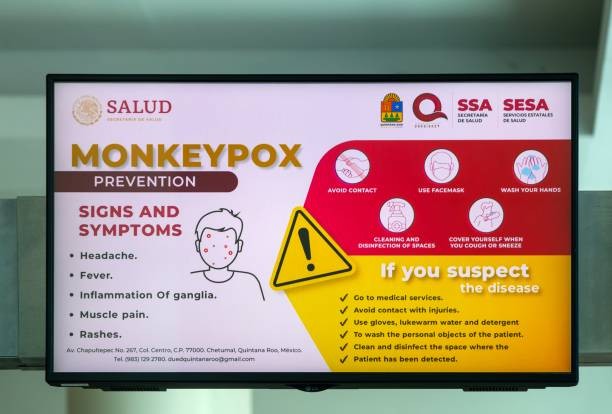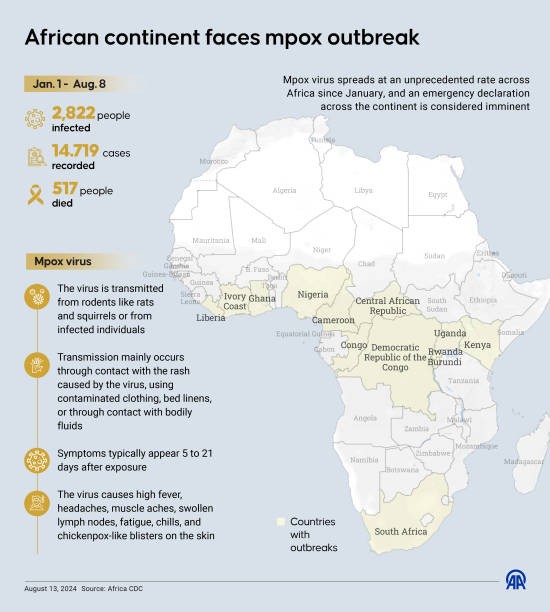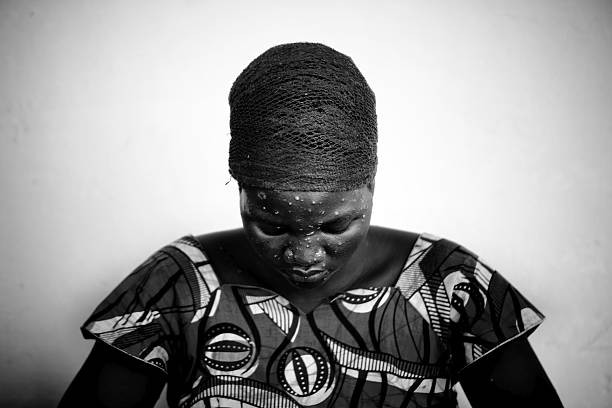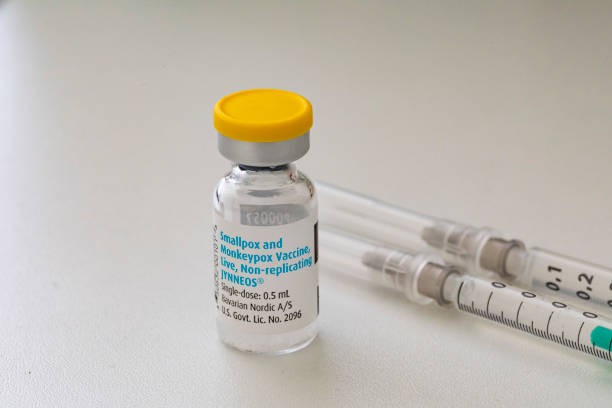Africa's Monkeypox Outbreak Declared A Global Health Emergency, How You Can Stay Safe

The World Health Organization (WHO) recently declared a new strain of monkeypox in the Congo and elsewhere on the continent of Africa a global emergency Wednesday.
According to the 'Associated Press,' cases have been confirmed among children and adults in over a dozen countries on the continent. According to the media outlet, few vaccine doses are available to the African public at this time.
The Centers for Disease Control and Prevention (CDC) announced the mpox outbreak emergency earlier this week, citing it as a public health crisis with over 500 deaths. They are now calling for international help to stop the spread.

The CDC in Africa stated that monkeypox, also known as mpox, has so far been detected in 13 countries this year, with more than 96% of all cases and deaths taking place in the Congo. Compared to this same time period last year, cases have skyrocketed a whopping 160%, in addition to deaths increasing to 19%.
WHO director-general Tedros Adhanom Ghebreyesus addressed the conundrum, warning that "This is something that should concern us all. The potential for further spread within Africa and beyond is very worrying."
South African infectious diseases expert Salim Abdool Karim — chairman of the Africa CDC emergency group — claimed the new version of mpox spreading from the Congo and beyond appears to have a death rate ranging between 3-4%. "We are now in a situation where (mpox) poses a risk to many more neighbors in and around central Africa," Karim detailed, per 'AP'.

Michael Marks — a professor of medicine at the London School of Hygiene and Tropical Medicine — believes the emergency declaration is warranted, especially if it will lead to resources that may lead to support in its containment. "It's a failure of the global community that things had to get this bad to release the resources needed," he stated, per the news outlet. "We need a large supply of vaccine so that we can vaccinate populations most at risk."
Western countries affected in the outbreak of 2022 — which the CDC reported 30,395 cases and 42 deaths — was largely contained with the use of vaccines and treatments, however, few of these resources have been available on the continent of Africa.
The health hub also reported that 99% of cases between May and July 2022 were men — 94% of which included men who had sexual contact with other men — people with known HIV, and Black and Hispanic people were among groups most affected.

Common symptoms of the virus include fever, headache, swollen lymph nodes, rashes, and lesions. Some patients also experienced proctitis, an inflammation of the rectum lining.
Stay safe from the infectious virus by not touching rashes or scabs of a person with mpox. Do not kiss, hug, cuddle, or engage in sexual activity with someone with mpox, in addition to regular hand washing and disinfecting of surfaces.
Find out more about how you can stay healthy here.






